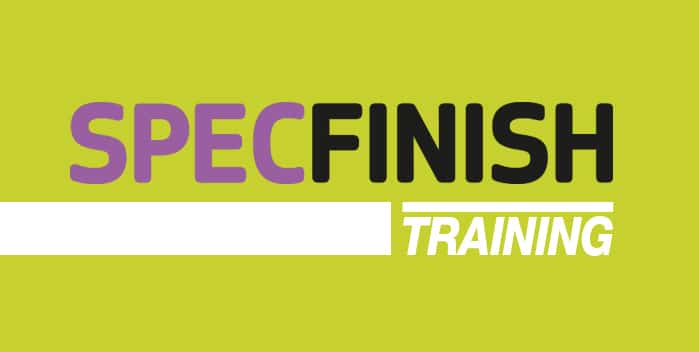Helen Yeulet from FIS Skills looks at the need for specialist contractors to demonstrate competence in the sector and how the CSCS card has an essential role to play.
It seems the construction industry has been sleepwalking towards the cliff edge for some time. This was tragically confirmed with the fire at Grenfell Tower where there are indications of failures at every level from local government, contractors, regulators and beyond trickling down the supply chain.
In the aftermath, Dame Judith Hackitt is leading an independent review of Building Regulations and fire safety. Her interim findings highlighted that the construction industry’s regulatory system is broken and contractors are taking short cuts, with little or no quality monitoring or competency assurance. The Interim Report specifically states a need to raise levels of competence and establish formal accreditation of those engaged in the fire prevention aspects of the design, construction, inspection and maintenance of high-rise residential and complex buildings.
Joe Cilia, technical director of FIS, highlighted: “The word ‘competency’ is mentioned 61 times, ‘evidenced’ 92 times and ‘compliance’ 94 times in this Interim Report. That should be a good indicator of direction of travel.”
What is competence?
Debbie Carlton from Dynamic Knowledge, which works with organisations to solve capability capacity and competency challenges, says the most robust definition of ‘competence’ is from her colleague Dr Gang Zhao, who defines competence as “an ability demonstrated in an activity at work which includes abilities, skills, expertise, aptitude, values and attitudes”. Being competent is about proven ability to do and perform in given contexts and it concerns a person being suitability qualified, experienced and current for the work – job, role, project – being or to be done.
Validation of competency is often based on a complicated set of evidence related to individuals and teams, with factors including certifications, field observations, number of times a task has been performed, number of years worked in an area, areas of technical expertise, continuing training, employee performance, and job and role descriptions.
How do we, as a sector, demonstrate competence?
The Construction Leadership Council (CLC) put its weight behind the Construction Skills Certification Scheme (CSCS) when it recommended that industry, including trade associations, contractors, clients and government, should specify and promote card schemes carrying the CSCS logo with no equivalents accepted.
The minimum standard for a skilled occupation card is an NVQ Level 2 qualification relevant to the occupation plus a separate health and safety element. Cards for new entrants, apprentices, trainees, labourers or workers in the process of obtaining formal qualifications are clearly identifiable and a transition process to bring all existing cardholders up to the minimum standard by 2020 will be agreed and implemented by CSCS.
One of the first steps was the withdrawal of Construction Related Occupation (CRO) cards, and FIS is supporting the sector by making sure there is a path to move CRO card holders to the relevant CSCS card.
CSCS cards provide proof that individuals working on construction sites have the required training and qualifications for the type of work they are carrying out. The new CSCS SmartCard can link with access control systems, improve management of training records and connect with project management systems, making CSCS cards the ideal technology solution to greatly assist with proving competence.
Julian Daniel, managing director of Blue Sky Building, said: “If the government is serious about training, especially in a post-Brexit world, there needs to be encouragement and stricter procurement rules (carrot and stick) to ensure companies maintain minimum competency standards among their contractors.
“Just like we wouldn’t allow surgeons or teachers to practise without certain skills and competencies, the same needs to be said of our construction workers. It is imperative that employers support the industry standards and invest in their businesses and employee career development.”
The Lakanal House fire in south-east London, the collapse of the gable end of a wall at Oxgangs Primary School in Edinburgh and Grenfell Tower all indicate issues with a lack of competency. Now we have a direction from Dame Judith Hackitt, we are clearly on notice that we need to ensure we can demonstrate competency going forward.
FIND OUT MORE


